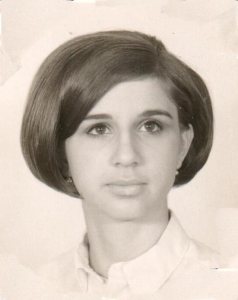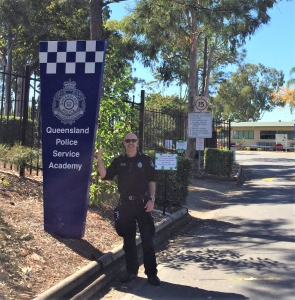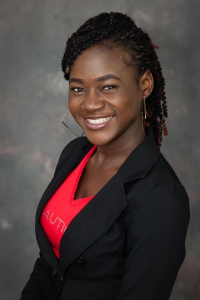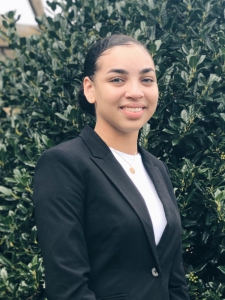Job Search Week (Jan. 25-29) will walk you through the full search process
With a new year comes the opportunity to realize your professional goals–and the UGA Career Center is here to help. From January 25-29, UGA’s Alumni Career Services office will host webinars with top career coaches, human resource professionals, and certified resume writers. Join in to hear from these job search strategy experts who will demonstrate how to masterfully execute your job search and stand out from other job seekers.
DAY 1
Mastering the Stages of Change: Mindsets for Career Changers
Monday, January 25 | 1 p.m. EST
Ever wonder why change is so difficult? In this workshop we will share a six-stage model of change. Once you understand the change process, and what stage you are at in your job search, you’ll understand why you might feel stuck. Viewing your job search through the model, you’ll feel more empowered in your job search and how to combat resistance to change to make the career move you need.
DAY 2
Jumpstart Your Career in 2021
Tuesday, January 26 | 1 p.m. EST
Whether you are new to the workforce or are a seasoned professional, it can be easy to lose focus on opportunities to progress. We get busy, time flies, and the pandemic can make it feel impossible to pursue new career goals. Layer on working remotely, and you may lose sight of your dreams in the day-to-day balancing act. Or, maybe you find yourself in a temporary position that you want to take to the next level. This webinar will help you refocus on the big picture.
Day 3
Strategic Job Search and Networking Methods
Wednesday, January 27 | 1 p.m. EST
Do you know where to find the right roles? Are you tired of online job boards like Indeed.com? This presentation will help you learn the top job search strategies that will get you noticed. We will discuss how to conduct an industry-specific job search, which platforms to use, and why you need to move beyond online job boards to have a successful search.
DAY 4
Advanced Resumes and Cover Letters
Thursday, January 28 | 1 p.m. EST
You have probably heard that it’s important to tailor your resume to match individual roles during your job search, but what does that look like? In this webinar, we will discuss practical tips for creating a resume that can be easily tailored. We’ll also walk through steps to tailor your resume to maximize your job search success rate.
DAY 5
Top 10 Job Search and Interview Tips
Friday, January 29 | 1 p.m. EST
Where you work can affect your happiness. Rose Opengart, career coach and former HR staffing manager, will share how to job search and interview to land the best job for you! Some takeaways from this webinar include:
- The job search should be a strategic process; not a “spray and pray.”
- The job interview is a two-way street!
You will learn how to answer tough interview questions and which interview questions to ask so you can find your dream job!
You do not want to miss these opportunities to build the career of your dreams. Register today! NOTE: You must register for each webinar individually. If you have any questions, contact Kali DeWald, Associate Director of Alumni Career Services. For information about other Alumni Career Services, visit the UGA Career Center.









